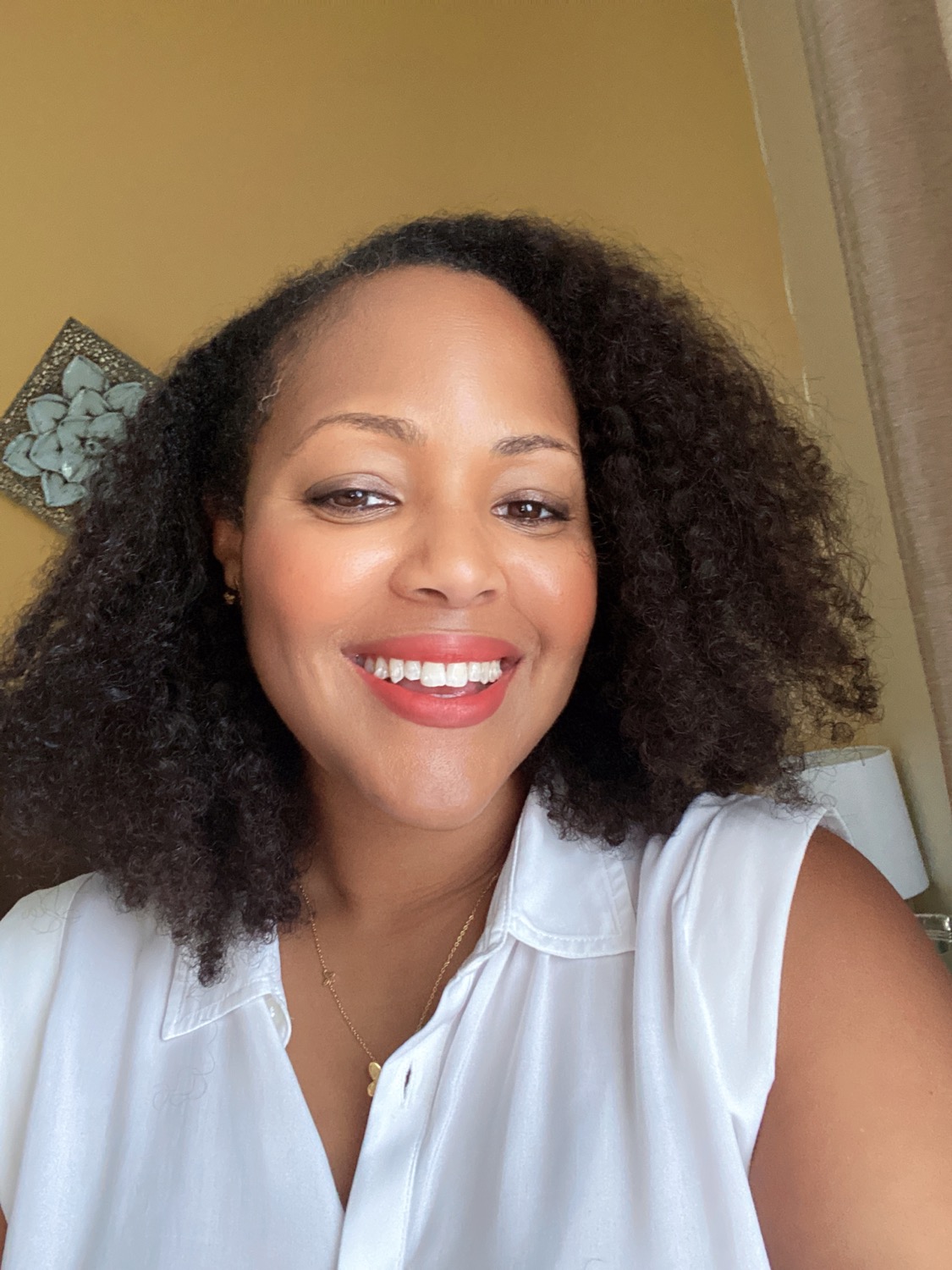College Research Tips
- tabouzeide
- Oct 20, 2021
- 3 min read

The college research process should start way before senior year in high school. Starting in your freshman or sophomore year will give you ample time to explore the right college fit, as there are many factors to consider. Below are some college research tips to consider.
College Research Mindset:
Prospective college students should approach the research phase with optimism and an open mindset during the college research process. This is an exciting time. Explore colleges that offer areas of interest, preferred locations, student and campus culture and of course, quality of programs. Collegiate sports are an attractive component of the process. But don't pick a school just because they have a good football team or exclude a college of interest just because of the expensive tuition rates. During the college research process, consider the important characteristics and factors that matter to you the most.
Define the Why:
It's important for students to define the "why", especially in any decision-making process. College-bound students can ask themselves why are they interested in going to college. Is it because of parental expectations? Whatever the reason, students should pursue college because of the benefits that are important to them. There are numerous statistics which supports the fact that individuals who obtain a college degree have a higher earning potential than high school graduates. See this article.
But let's be real for a moment, most students attend college for career outcomes and goals. That is common and valid. However, understanding the reason you have for attending college, whether it be for career-related or general interest-related is fine. But going to college because of some expectation outside of your own wants, desires and goals will not get you too far. Getting into college is one thing. Graduating is another. Not knowing your why will be a barrier to completion and open you to distractions.
Understand Match, Fit & Cost
Consider the Match concept to be focused on the type of school you want to attend. Where is it located? Is the school in a major city, suburban or rural area? Does the school offer the majors, minors, and programs you want to study? Is it a large college with thousands of students? Match is all about matching your priorities and the components that attract you to a college.
Fit has more to do with fitting the student profile of a particular school. How important are athletics, student affinity and student life groups to you? Consider the student culture and demographics. Academics are a major component to this concept. Do you fit the typical admission criteria?
Finally, the most important and obvious factor is Cost. You will need to understand the tuition-related and non-tuition related expenses associated with attending a particular college. There are several components to cost. First, is understanding the tuition-related expenses including tuition or cost per course/credit and student fees which vary by college. Student fees may include health insurance, athletic fees or even technology fees. Then there is the Cost of Attendance (COA), which is an estimate colleges publish to indicate how much will it cost to attend this university. COA includes tuition related expenses and cost of living which is primarily room and board, transportation, and books.
Use Resources:
Overwhelmed yet? Don't be. College websites are a great starting point but they're not the only tool to use. College websites are designed to attract prospective students, like any other website. So don't only take their word for it. Peruse college search websites, like College Board and College Scorecard. Do not rely on College Rankings as they are controversial and somewhat of a popularity contest. Malcolm Gladwell's Podcast on this very topic is insightful. Speak with guidance counselors regularly if you can, admission counselors and independent higher education consultants.
Way Finder Educational Consulting can help you start your college journey. Connect for a free 30 minute consultation, call us at 786-496-3091, click on the link below, or email us at wayfinderorg@gmail.com
.png)








Comments